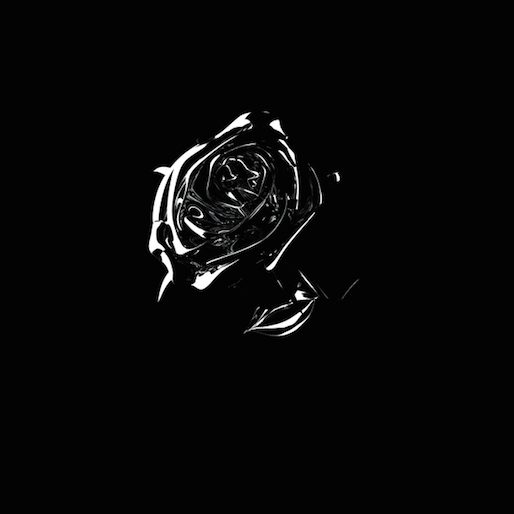Pop Smoke Transcends on Shoot For The Stars Aim For The Moon
The late Brooklyn rapper’s hefty debut album shows us what could’ve been

The morning after news of Pop Smoke’s death broke was a loud one in New York. Teenagers walking home from school with speakers clipped to their bags and cars with the windows rolled down played the now-iconic gruff whisper-rapping of New York’s treasure. At only 20-years-old, Pop Smoke, born Bashar Jackson, became a viral sensation following the release of his hit single “Welcome To The Party.” Following the release of his mixtapes Meet the Woo 1 and 2, the latter of which was released mere days before the tragic home invasion that led to his death, Pop’s electric posthumous debut Shoot For The Stars Aim For The Moon seeks to provide closure for his city while also showing the heartbreaking reality of what could’ve been.
Pop Smoke’s sound may be familiar to many rap fans, as he helped popularize Brooklyn drill music, which has taken cues from the genre’s birthplace in Chicago where it was championed by rappers such as Chief Keef, Lil Durk and Young Chop. Using gruesome and nihilistic lyrics, monotone delivery and a slow tempo, these teenage rappers create vibrant dispatches of daily life in the streets. Drill music eventually made its way to the U.K., with similar lyrical styles but a more fast-paced tempo and warpy 808s. Brooklyn drill music combined the two, leading to the success of artists like Bobby Shmurda and Rowdy Rebel, both of whom are currently incarcerated. Pop Smoke and his contemporaries like 22Gz and Fivio Foreign have been credited with carrying on the movement to astronomical success, balancing respect for the originators while putting their own distinct Brooklyn spin on it.
Executive produced by 50 Cent, one of Pop’s idols, Shoot For The Stars Aim For The Moon is a collage of Pop’s versatility that was long hinted at within Instagram story snippets showing him in the studio. “Aim For The Moon” is a blistering intro with stuttery Hi-hats and brooding bass perfect for the club or car speakers. The track reflects on Pop’s successes from his roots (“Mr Dior-Dior, they know where it started”), referencing his 2019 hit “Dior,” to his lavish life filled with women, parties and drugs. Migos’ Quavo has a brilliant chemistry with Pop on this track, his sing-songy delivery playing well against the rougher vocals.
The album is definitely loaded with features, some of which were recorded after Pop’s death, like DaBaby’s feature on “For The Night,” which ends with “Rest in peace to the Pop, make me smoke ya.” Brooklyn drill originator Rowdy Rebel masterfully executes the rare jail phone call feature on “Make It Rain.” While some—like Karol G’s silky smooth vocals on “Enjoy Yourself” or 50 Cent’s satisfying feature accented with Roddy Rich’s vocals on “The Woo— make sense, the guests can become tiresome. For example, “Diana” has that silky, sparkly New York-esque production that Pop Smoke so elegantly rides, but that magic is ruined by King Combs’ mediocre delivery that could have easily been done by Pop himself. Others, such as those by Tyga, Lil Baby, Swae Lee and Quavo, are definitely strong but also feel like an effort to pump the album up for more mainstream appeal. Pop’s New York contemporaries such as Fivio Foreign, Jay Critch and A Boogie Wit Da Hoodie are glaring omissions in favor of larger names.
It’s a shame there are not enough songs where Pop’s talent can shine on its own. Only six of 19 tracks feature Pop Smoke solo, not including the intro, outro and “Dior,” which is a bonus track that also appears on all of his previous tapes. One wonders if the superfluous features were a decision by label executives to add further buzz, or if this album simply fell victim to the idea that a debut needs to cover all the bases to capture listeners. Shoot For The Stars, Aim For The Moon would have been just as satisfying (if not more) with a condensed tracklist and more carefully curated features.
-

-

-

-

-

-

-

-

-

-

-

-

-

-

-

-

-

-

-

-

-

-

-

-

-

-

-

-

-

-

-

-

-

-

-

-

-

-

-

-








































